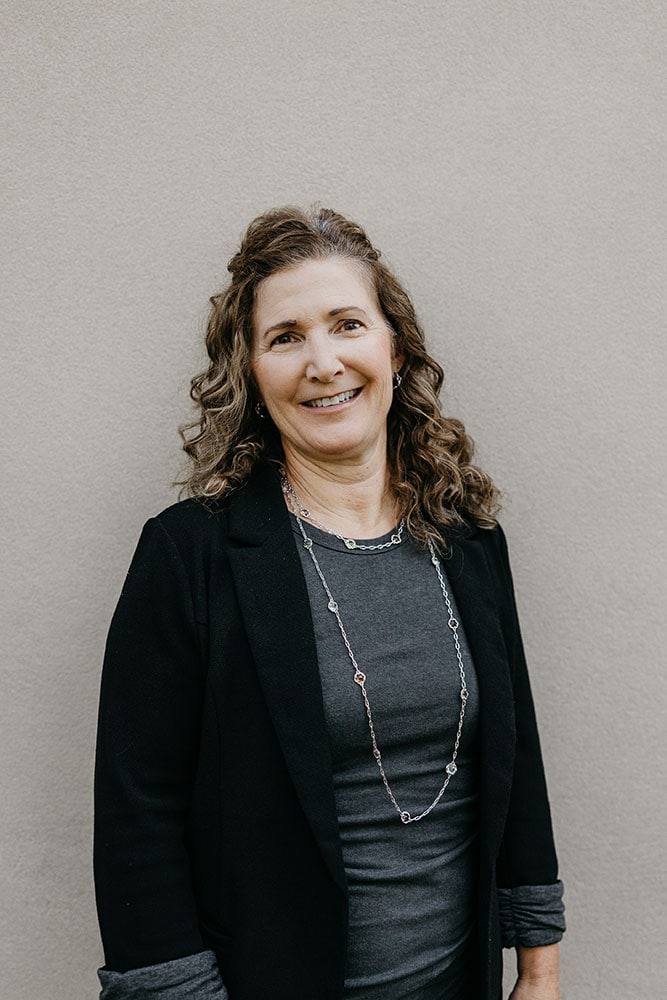
October is National Dental Hygiene Month, and at my dental office in Spokane, we’re dedicating this blog to hygienists and celebrating the variety of services they provide to patients on a daily basis. Let’s take a look at some of the things hygienists do and how they become qualified to do so.
What Are the Responsibilities of a Dental Hygienist?
Hygienists work alongside the dentist to not only treat teeth, but also to provide patients with valuable oral health education. It’s a win-win situation. Because laws and regulations differ from state to state, a hygienist’s specific duties can vary. But here’s a glimpse at some of the fun stuff they can do daily:
- Getting to Know You – Hygienists are usually responsible for talking with patients to get an oral health assessment, reviewing health history, performing an oral cancer screening, and taking blood pressure.
- Cleaning Teeth – To get teeth looking and feeling great, most hygienists will give your smile a good cleaning by scraping away tartar and plaque from surface of all teeth.
- Preventive Performance – During a checkup and cleaning, hygienists may also apply fluoride or sealants to teeth to help keep acids, bacteria, and cavities from damaging teeth.
- Good Health Tips – Hygienists are also really good at speaking with patients about the importance of good nutrition and how it relates to maintaining excellent oral and overall health.
- A Lasting Impression – Sometimes an impression needs to be made of a patient’s teeth so we can better evaluate and diagnose what treatment someone may need. Hygienists are skilled at getting good impressions to help create healthy smiles.
How Do You Become a Dental Hygienist?
At my Spokane dental office, we are pleased to work with talented hygienists. Most receive training and certification through local community colleges, technical colleges, dental schools, or university programs. Hygienists who take community college courses generally finish school in about two years with an associate degree. With a degree in hand, hygienists are then eligible to complete license testing that generally occurs at the state, regional, or national level. Some universities even offer four-year degrees, along with master’s degree programs for extra hygienist schooling.
When you visit the dentist in Spokane, you’ll see the important role dental hygienists play in helping keep teeth clean and your body healthy. We would like to take a moment and say “thank you,” to all dental hygienists for all that they do. We hope you will do the same too!

